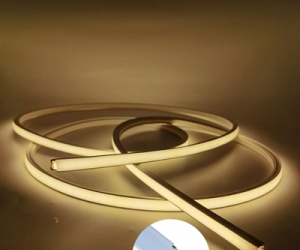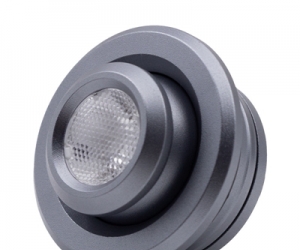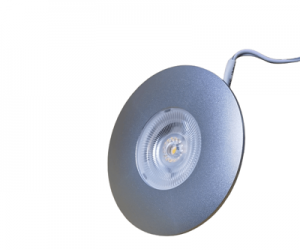Understanding the Difference: 12V vs. 24V Systems in Vehicles and Boats
When it comes to powering vehicles like RV, caravan, camper, bus... and boats, the choice between 12V and 24V lighting systems can significantly impact performance and efficiency. Let's delve into the differences and applications of these two voltage systems.
12V vs. 24V: What's the Right Choice for Your Vehicle or Boat?
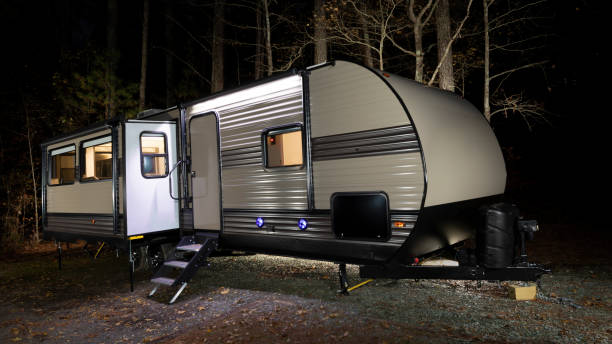
In the realm of automotive and marine electrical systems, the debate between 12 volts and 24 volts is a crucial one. While most standard vehicles and boats operate on a 12V system, there are specific scenarios where a 24V setup becomes essential.
Understanding the Basics
12V Systems:
-
Common Usage: Most cars, RVs, and boats rely on a 12-volt electrical system due to industry standards and component compatibility.
-
Efficiency: 12V systems are efficient for powering standard vehicle components like starters, lights, and ignition systems.
-
Simplicity: These systems are straightforward, requiring only one battery and are ideal for low-power applications and short wire runs.
24V Systems:
-
Specialized Applications: Larger trucks, buses, and some RVs with extensive solar setups benefit from 24V systems.
-
Efficiency Advantage: 24V systems allow for the use of smaller diameter wires, reducing amperage and wiring costs, especially over long distances.
Building a 24V System
24V Batteries:
-
Less Common: 24V batteries are rarer and more expensive than their 12V counterparts but occupy less space.
-
Series Connection: Combining two 12V batteries in series creates a 24V system, reducing wiring complexity and enabling higher voltage applications.
Benefits of 24V Systems:
-
Efficient Power Transfer: Higher voltages like 24V enable the use of smaller wires and increase overall system efficiency.
-
Component Compatibility: Motors and inverters operate more efficiently on 24V, often handling larger solar inputs with the same equipment.
Considerations and Limitations
Drawbacks of 12V Systems:
-
Higher Amperage: 12V systems require larger cables for high-power appliances due to higher amperage, resulting in potential efficiency losses.
-
Compatibility Concerns: When using a 24V system with 12V appliances, additional converters may be necessary, leading to energy losses and added costs.
Drawbacks of 24V Systems:
-
Component Availability: While 24V systems offer efficiency advantages, the variety of components and devices available for 24V setups might be limited compared to 12V systems.
-
Conversion Challenges: Integrating a 24V system into a 12V environment requires additional converters and may incur energy losses during the conversion process.
Choosing the Right System for Your Vehicle or Boat
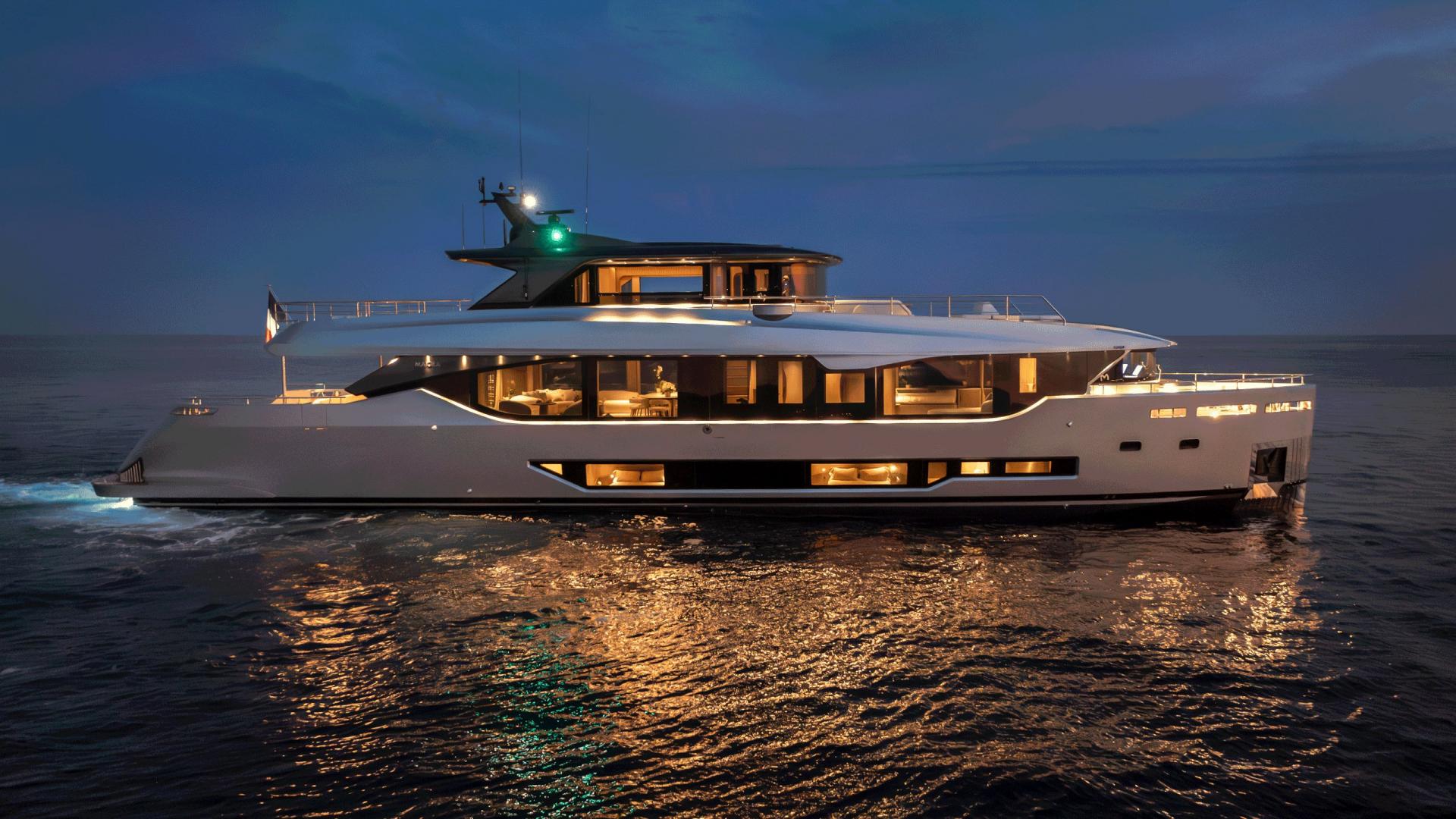
When deciding between a 12V and 24V system for your car, RV, or boat, consider factors like power requirements, component compatibility, and wiring considerations. Understanding the specific needs of your application will help you make an informed decision that optimizes performance and efficiency.
In conclusion, while both 12V and 24V systems have their advantages and limitations, selecting the appropriate voltage system tailored to your vehicle or boat's requirements is key to ensuring reliable and efficient operation.
This article provides a comprehensive overview of the differences between 12V and 24V systems in vehicles and boats, aiding readers in making informed decisions regarding their electrical setups.
-
 How to Install Heat Pad on Mirror?
How to Install Heat Pad on Mirror?Do you like ?0
Read more -
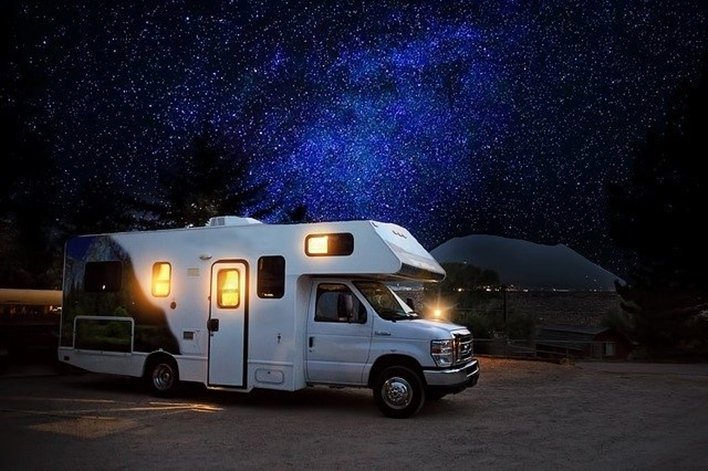 Why LED Lights are Perfect for RVs & Boats?
Why LED Lights are Perfect for RVs & Boats?Do you like ?0
Read more -
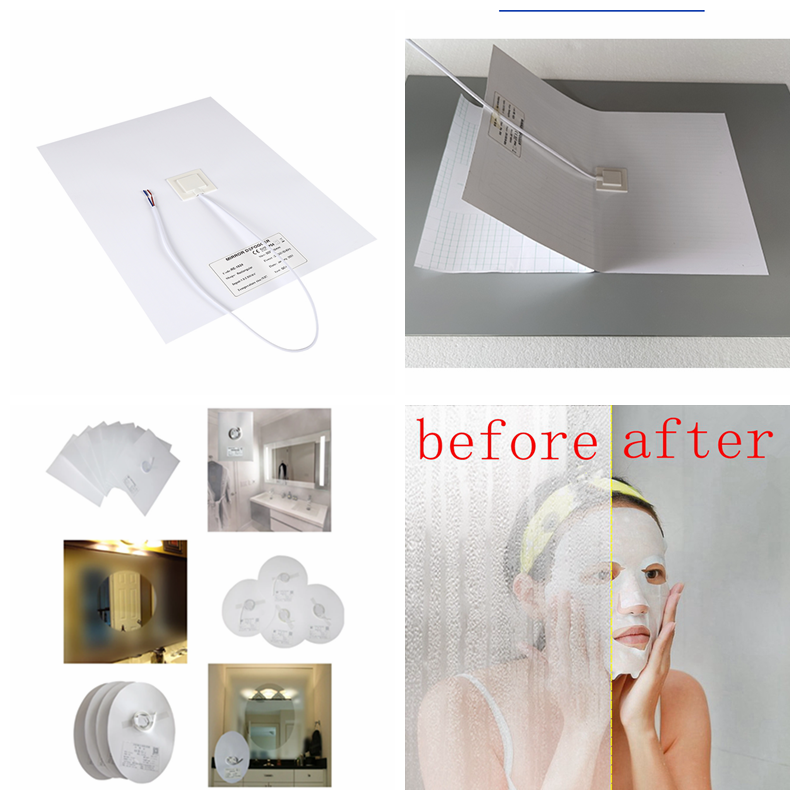 How Good Anti-fog Film for Mirror!
How Good Anti-fog Film for Mirror!Do you like ?0
Read more -
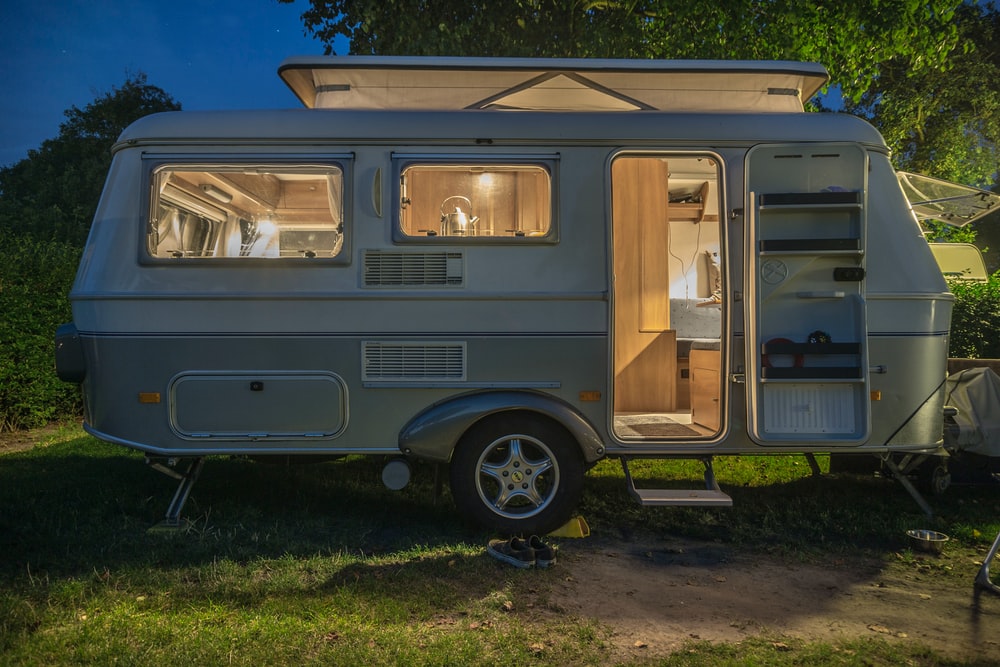 How do you choose which lights to buy for your RV’s interior?
How do you choose which lights to buy for your RV’s interior?Do you like ?0
Read more -
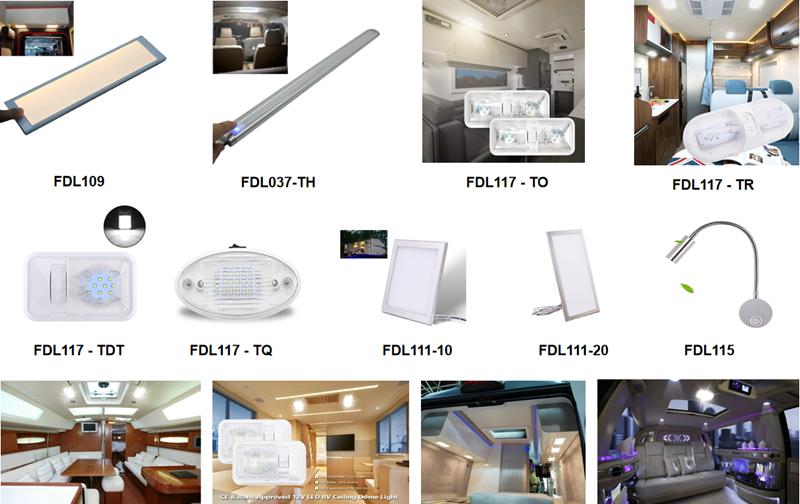 What Are the Most Common Interior Lights Used by RV Manufacturers?
What Are the Most Common Interior Lights Used by RV Manufacturers?Do you like ?0
Read more -
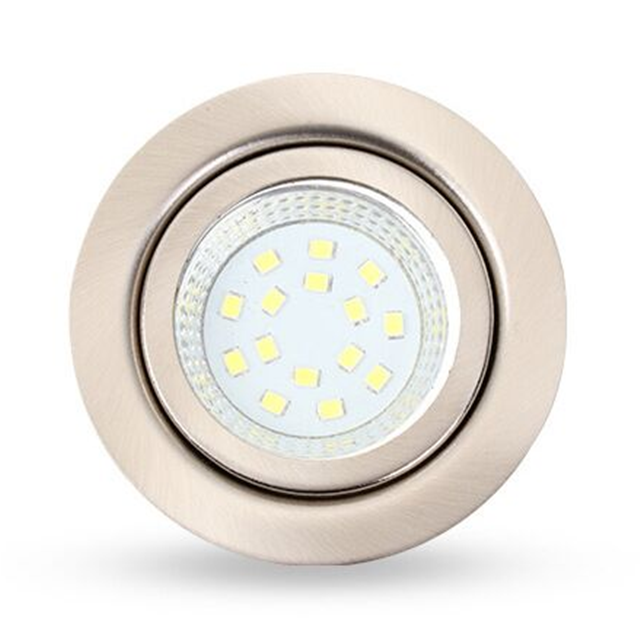 Do You Know The Great Uses for Puck Lights?
Do You Know The Great Uses for Puck Lights?Do you like ?0
Read more

